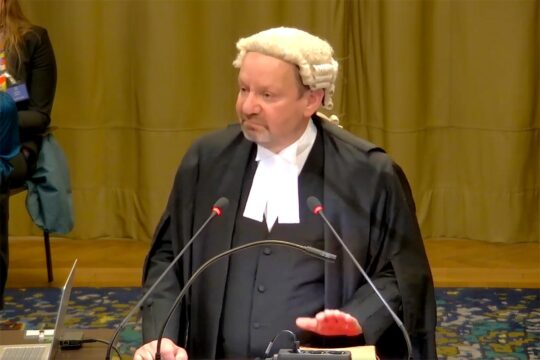On June 28, 2012, a Referral Chamber of the International Criminal Tribunal for Rwanda (ICTR) ordered the case for Munyarugarama, who held the rank of Lieutenant Colonel in the Rwandan army in 1994, to be transferred to Rwanda for trial.
But the Duty Counsel for the suspect still on the run, Tanzanian Francis Stolla, had opposed to the ruling, submitting that the judges, who are Rwandan citizens and, according to their age, experienced the commission of genocide, could not be impartial when trying genocide cases in Rwanda.
In their decision dated October 5, 2012, Appeal Judges said the “Duty Counsel has not shown that the Referral Chamber erred in finding that members of the Rwandan judiciary are impartial.”
“The Appeals Chamber considers that the Referral Chamber acted within its discretion by relying on unchallenged submissions concerning both the legal framework and empirical evidence demonstrating the independence and impartiality of Rwandan judiciary to find that judges of Rwanda are impartial,” they ruled.
Munyarugarama, who was Commander of Gako military Camp in Kanzenze commune, Bugesera region of Kigali rural prefecture between early 1993 and May 1994, is charged with genocide, complicity in genocide, direct and public incitement to commit genocide and crimes against humanity.
Following the dismissal of his appeal, Munyaragarama becomes the seventh suspect whose case will be heard by the Rwandan judiciary. Only one referral case has remained for determination on appeal.
The MICT was established to complete essential functions of the ICTR and that of the International Criminal Tribunal for the former Yugoslavia (ICTY) after their respective closures. The Arusha Branch started operating on July 1, 2012, while that in The Hague starts a year later.
FK/NI/GF



